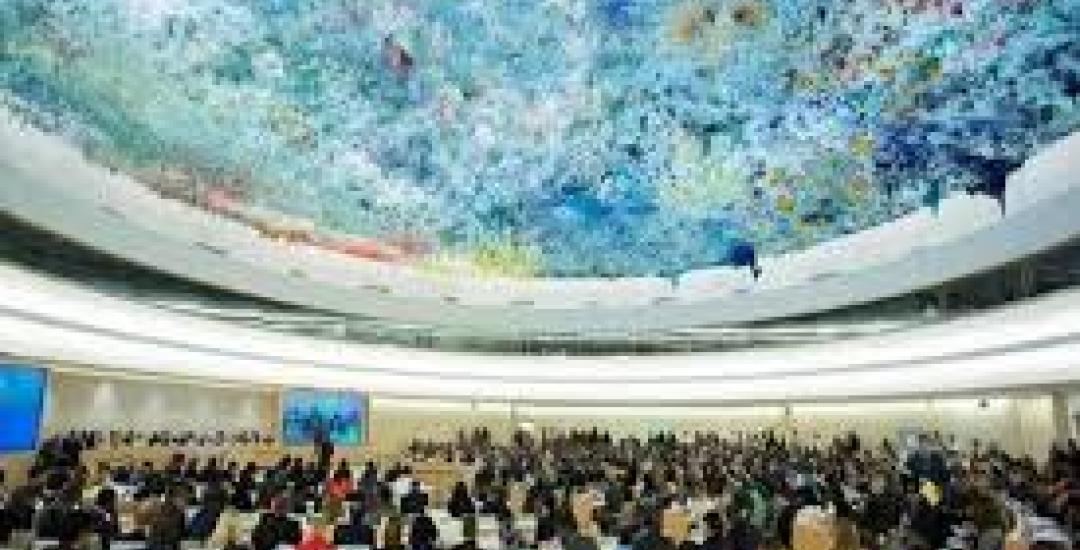
The UN body said that the definition of crimes against humanity in Article 7§1 of the Statute of the International Criminal Court can be applied to the Declaration for the protection of all persons against disappearance in 1992.
The text for the International Criminal Court considers that: "For the purpose of this Statute, ‘crime against humanity' means any of the following acts when committed as part of a widespread or systematic attack directed against any civilian population, with knowledge of the attack. Among these acts is included "enforced disappearance of persons".
With this general resolution, the WGEID says that it will now investigate cases of enforced disappearances in the light of criteria established by this definition and take the initiative where appropriate to transfer the cases of enforced disappearances to the competent international bodies to assess crimes against humanity.
This resolution is consistent with the attitude adopted by the UN General Assembly that has repeatedly stressed the seriousness of this crime which constitutes an "affront to human dignity."
In the specific context of Algeria, it is now established that during the 90s, the security forces, all factions included, instigated a wave of massive and systematic arbitrary arrests followed by enforced disappearances. This policy, organized at the highest level of state, led by Sir Nigel Rodley, expert of the Committee on Human Rights, described this as a crime against humanity based on considerations from the 3rd periodic report of Algeria, during the
meeting of 23 October 2007.
The number of enforced disappearances is estimated between 10,000 and 20,000 by NGOs. In 2005 the Algeria government declared there were 6,164 cases. However, Algeria's National Human Rights Institutions clarified the number at 8,023.
Until April 2009, 2,730 cases of enforced disappearances were sent by the various International and Algerian NGOs to the Working Group on Enforced Disappearances of which more than a thousand came from Alkarama.
The Algerian authorities refuse to shed light on the cases of disappearances submitted to the Working Group. Virtually none of these cases have been elucidated due to the lack of cooperation from the authorities.
To date, they refuse to investigate the fate of nearly missing twenty thousand missing persons. However in 2006, they ruled a general amnesty for perpetrators of mass crimes, including those who continue to occupy the highest State positions; which is a violation of all agreements and international covenants.
There now exists the opportunity to have undisclosed cases of enforced disappearances presented to the competent international authorities to try crimes against humanity. This is not only welcomed by the thousands of victims' families but also by national organizations and Algerian human rights activists. This possibility is also an additional element in combating the impunity that continues to benefit senior leaders of this Algerian tragedy.
* Le Monde, 11 March 2009.
